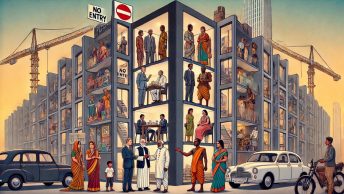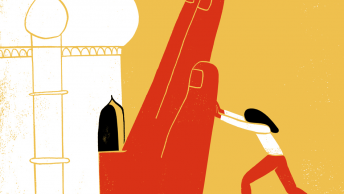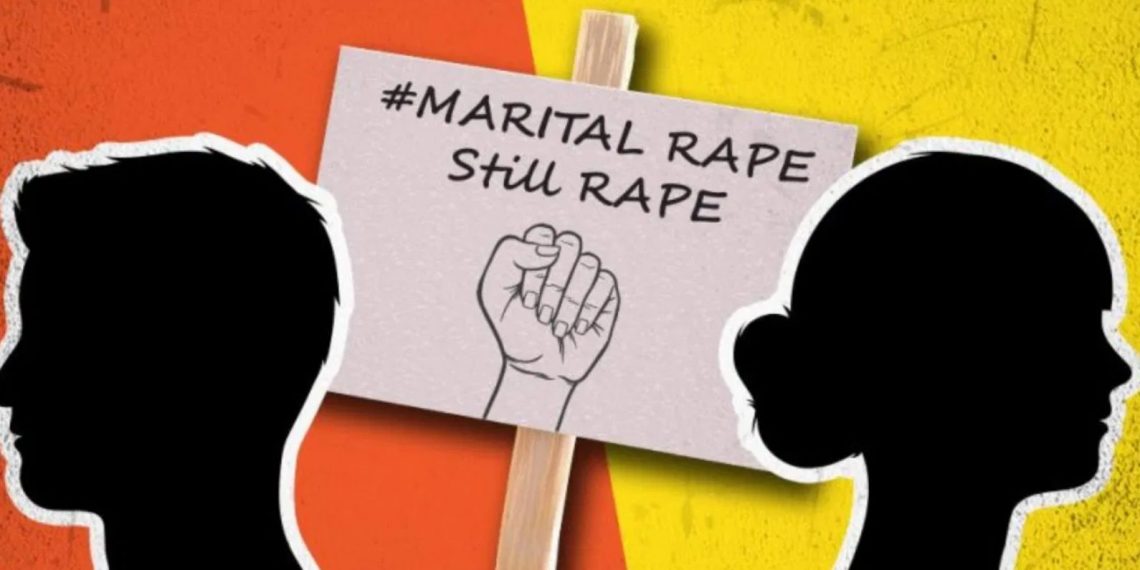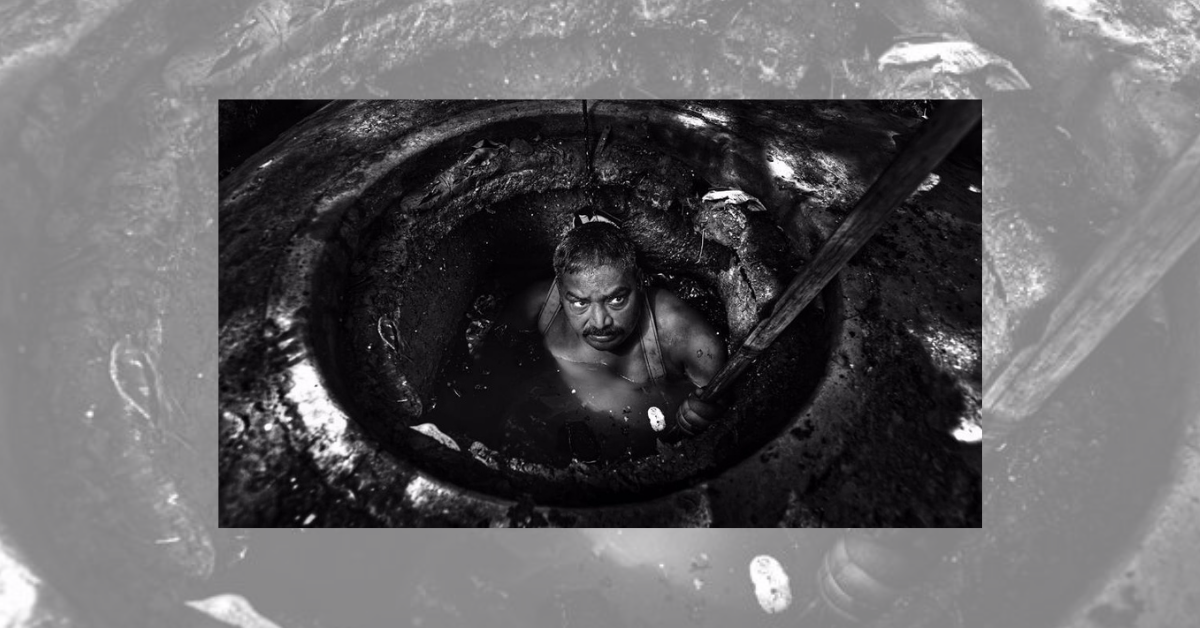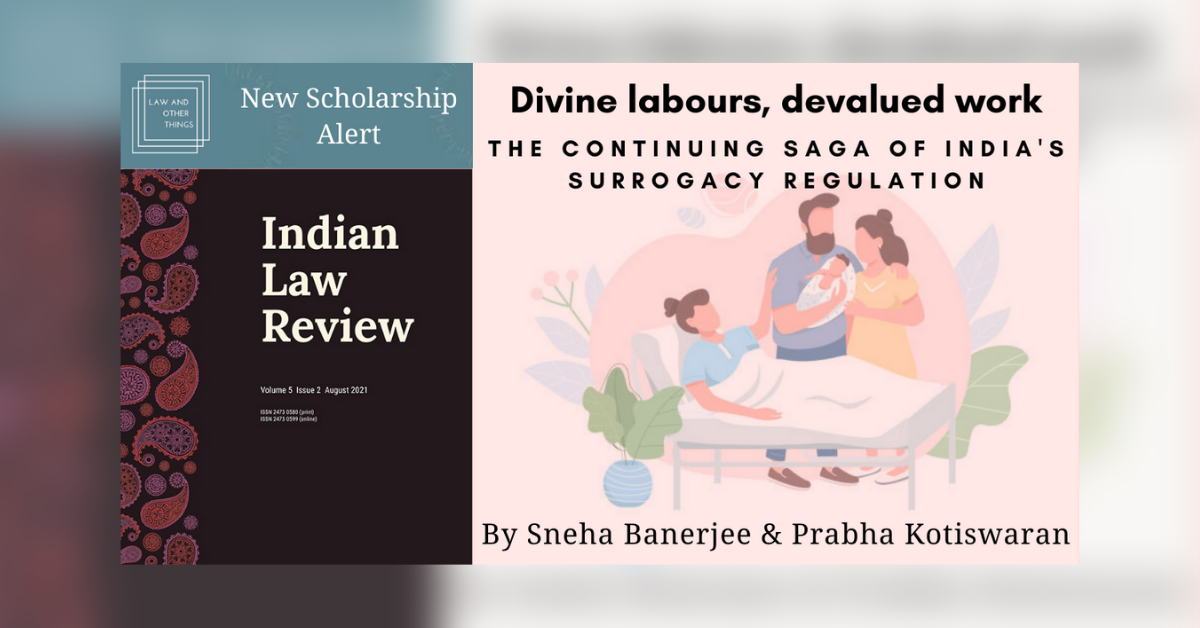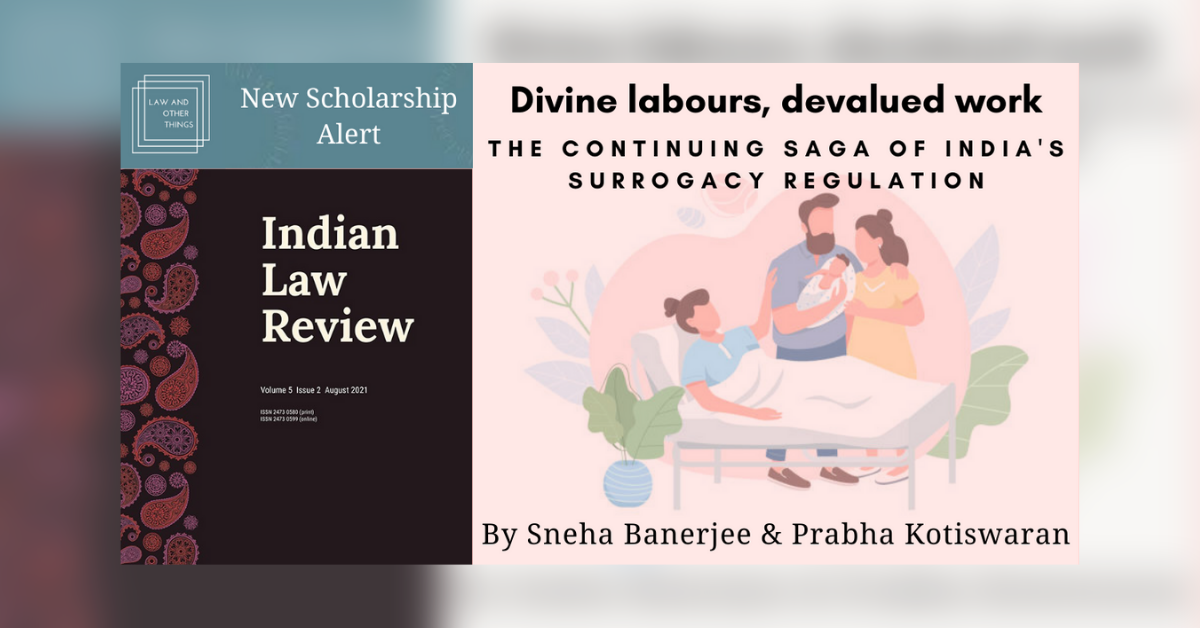Discrimination in the housing sector on the grounds of religion, caste, etc. has been emerging as a thorny issue in the social fabric of the country. The present blog post aims to locate the issue in...
Unraveling Ethnic Strife: Navigating Justice, Gender, and Accountability in the Aftermath of Manipur
In this article, the author examines the recent conflicts between the Meiti and Kuki tribes in Manipur, emphasizing the sexual violence directed at the women of the minority tribe. By analyzing the...
In this two-part series, the author analyzes Justice D.Y. Chandrachud’s reasoning while tackling the challenge of Article 17 in the Sabarimala Temple Entry Case (“Sabarimala”). Chandrachud J. took a...
[As part of our New Scholarship section, we have been inviting discussants to respond to the public law-themed articles featured in Volume 5 the Indian Law Review. You can access all the posts in...
Ed Note: The article presents a constitutional argument against marital rape, grounded in the anti-stereotyping principle. It attempts to answer a persistent question in the marital rape debate...
[Ed Note: As part of our New Scholarship section, we have been inviting discussants to respond to public law themed articles featured in Volume 5 the Indian Law Review. You can access the posts in...
[Ed Note: As part of our New Scholarship section, we have been inviting discussants to respond to public law themed articles featured in Volume 5 the Indian Law Review. You can access the posts in...
In this piece, the authors discuss the various hurdles that judicial spaces, both physical and virtual, present for persons with disabilities. They attempt to do so within the theoretical framework...
Ed Note: As part of our New Scholarship section, we have been inviting discussants to respond to the public law themed articles featured in Volume 5 of the Indian Law Review. You can access all the...
Ed Note: As part of our New Scholarship section, we have been inviting discussants to respond to the public law themed articles featured in Volume 5 the Indian Law Review. You can access all the...

